Public Health and Wellness in Action
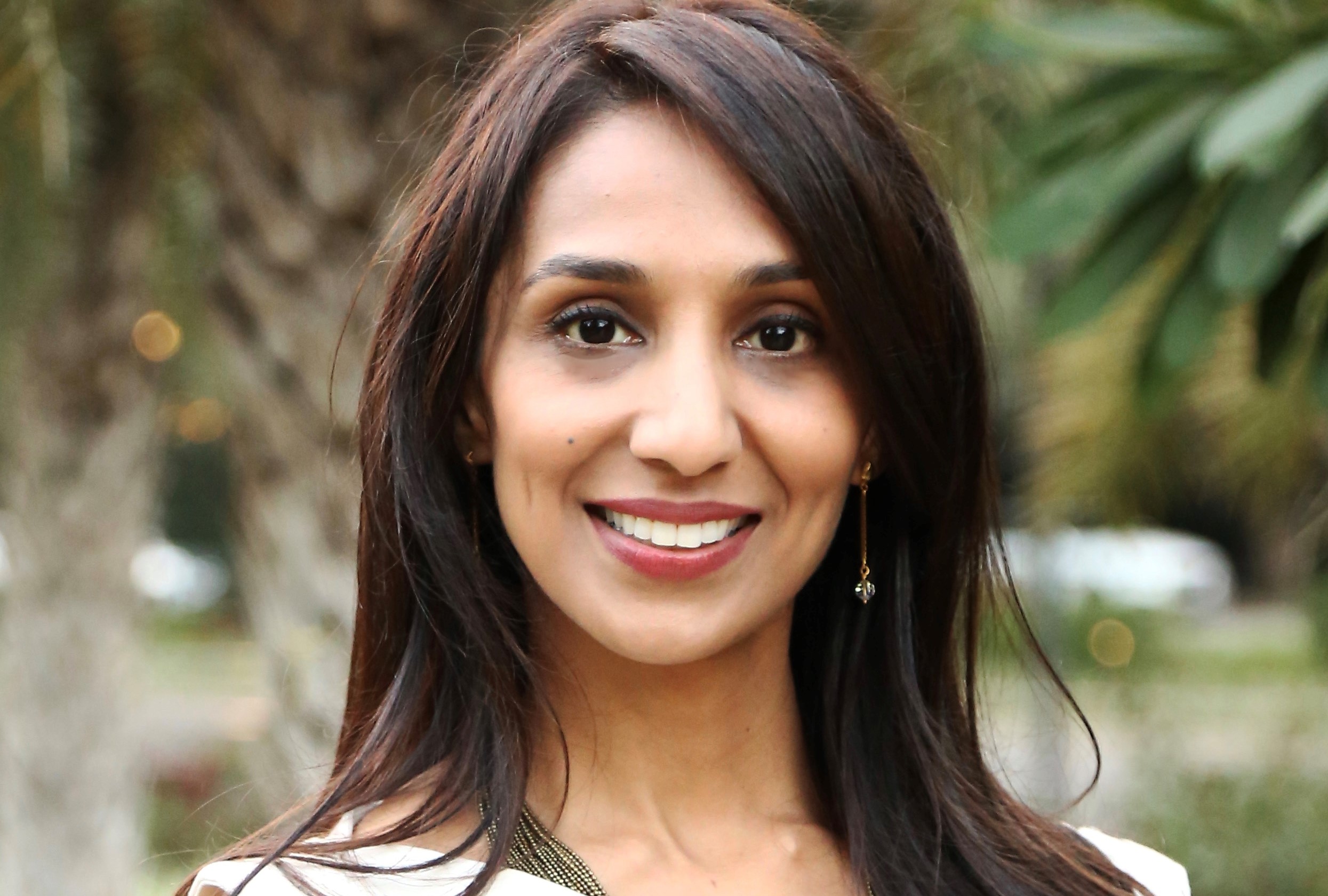
Dr. Sima Lal Gupta ’99 can pinpoint the moment she knew she wanted to go into optometry and public health – when she was a Birmingham-Southern senior on a service-learning trip to Zimbabwe.
“I befriended a group of children, and I realized their blindness was preventable,” she remembers. “I made a few friends of various ages, from kids under 10 years old to one friend who was 18. He was not allowed to come out of his house until he was 16 years old because his parents were worried about him getting hurt. Because of that specific exposure I had to preventable blindness – I was already planning on going to public health school – I also applied to optometry school.”
During that E-Term trip, Gupta learned that Vitamin A deficiency and measles were the most common causes of blindness in that region, which is something you almost never hear about in the United States, she says. With her experience that prevention is at the core of public health, it has become one of the most important aspects of Gupta’s work in medicine.
People ask her what terms like “public health” and “wellness” really mean. Both have become more familiar over the last few years, especially throughout the COVID-19 pandemic, but they are still newer within the traditional realms of medicine.
“People think of health care as going to the doctor when you don’t feel well,” she explains, “but public health is promoting the health of a community so that fewer people are unwell. With ‘sick,’ you think of cold and flu. ‘Unwell’ includes substance use disorders, mental health issues, and even obesity.”
As health services director for Aletheia House since August 2020, Gupta directs some of the most impactful public health initiatives in the Birmingham area. Aletheia House has served the community for almost 50 years, primarily focused on a wide range of services for those experiencing homelessness.
“Aletheia House has allowed me to return to community health,” Gupta says. “The positions that optometry opened up for me helped me have a greater impact. Now, I’m back in our local community. I had to go around the globe to return to where I started and to where I want to make the most impact.”
After graduating from BSC with degrees in biology and psychology, Gupta earned her Master of Public Health from UAB and then attended the Illinois College of Optometry. Degrees in hand, she went to work in a traditional clinic, but it wasn’t the right fit for her.
“I did not feel satisfied,” she says. “I did not feel like I was doing enough public health.”
While working in a clinic in New York City, Gupta began adding one day a week at Helen Keller International, which combats the causes and consequences of vision loss around the world, and she found her path back to public health.
She later spent seven years living in Gurgaon, India, and served as an associate professor in Sushant University’s School of Health Sciences. She got to teach “everything that was so important to my heart,” specifically public health practices in health care.
“In public health, we have a broader scope of health care so that we reach more people,” Gupta says, “and a key aspect of public health is prevention. The more we can prevent, the less we have to treat. And treatment is expensive and sometimes inaccessible.”
The public health principles at the core of her classes are integral to Aletheia House’s mission, too. As the health services director, Gupta oversees how grant funds can support the initiatives within their services, including primary care and mental health care. She pulls from her public health education as well as her clinic experience to help organize specific initiatives.
Her position has also put her in charge of COVID-19 protocols over the last year. For Aletheia House, protocols first covered how the organization could run shelters while preventing the spread of the virus. In January 2021, Aletheia’s clinic was one of Jefferson County’s first vaccination sites and is one of the only sites that still serves a primarily underserved population.
“Where do the uninsured go? Where do people who don’t have regular transportation go? We were the ones reaching out to them,” Gupta says. “Before we had the mobile health unit, we would pick them up and bring them on site.”
The mobile health unit has changed the game for outreach, and it’s been one of the tools to offer testing and vaccinations to the community. Gupta hopes through her work in vulnerable communities, Aletheia House can consistently improve public health education and illness prevention.
“When we prevent, we keep people healthier,” she says. “An important part of what I strive to do is provide care to people who have it the least and getting out into their communities and teaching prevention.”
 This story was included in a special health careers edition of From the Hilltop, Birmingham-Southern’s alumni email newsletter.
This story was included in a special health careers edition of From the Hilltop, Birmingham-Southern’s alumni email newsletter.
You can email [email protected] to get in touch with the Office of Alumni Engagement, learn about upcoming opportunities and events, and tell us more about you.

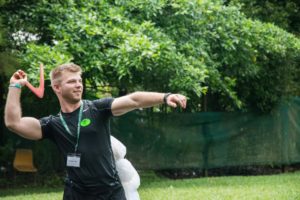

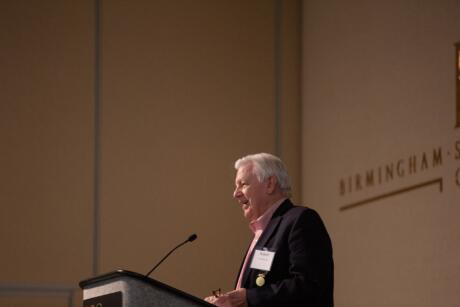
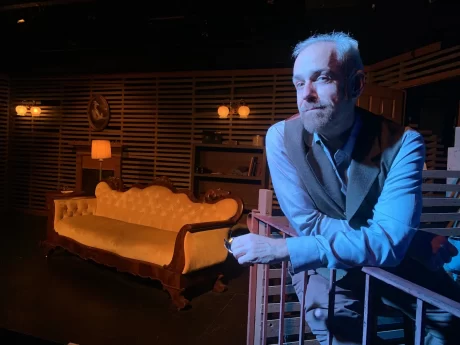
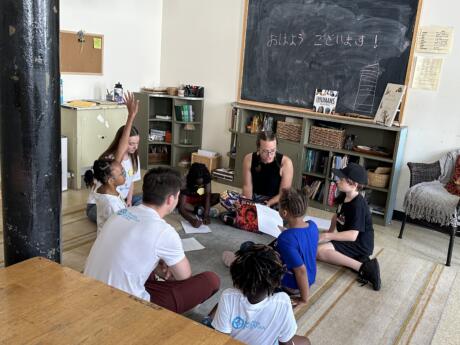
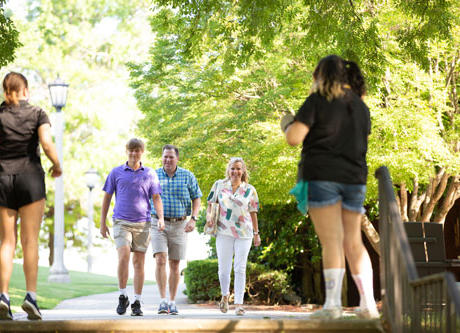
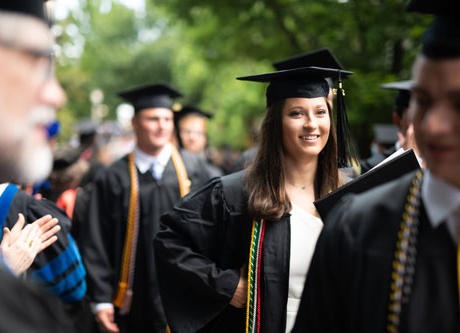
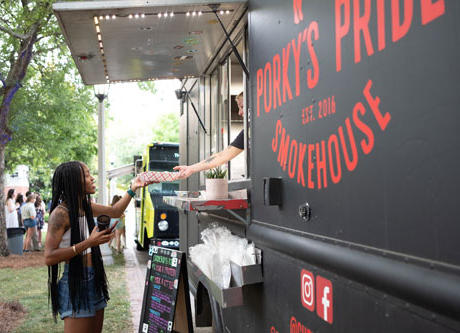
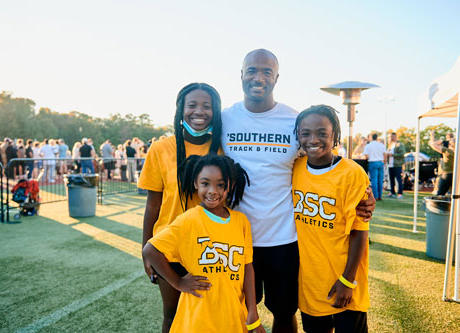
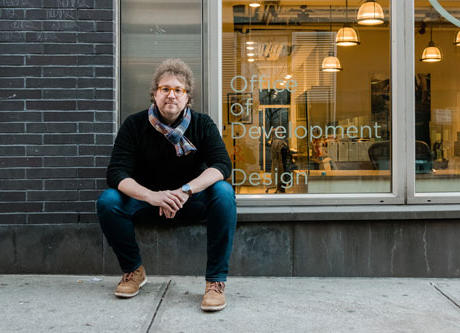
// Comments are closed //